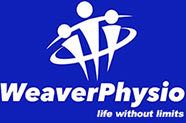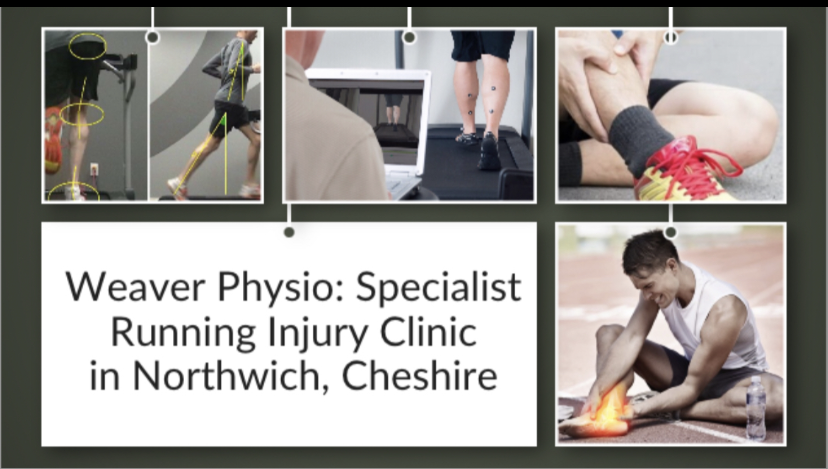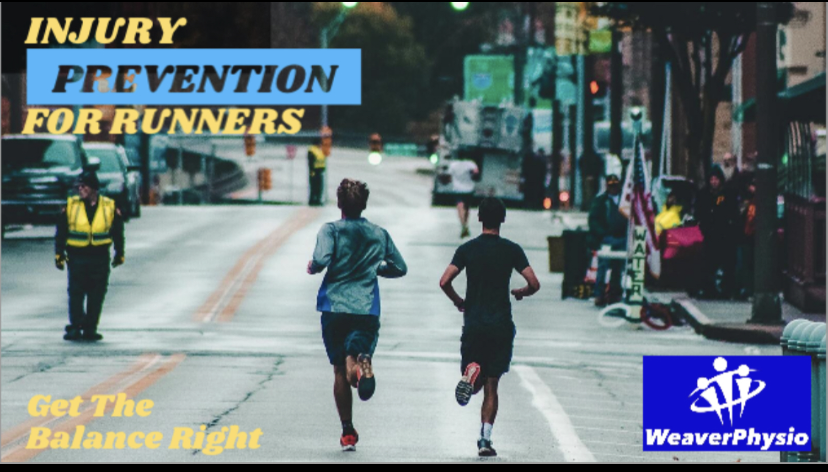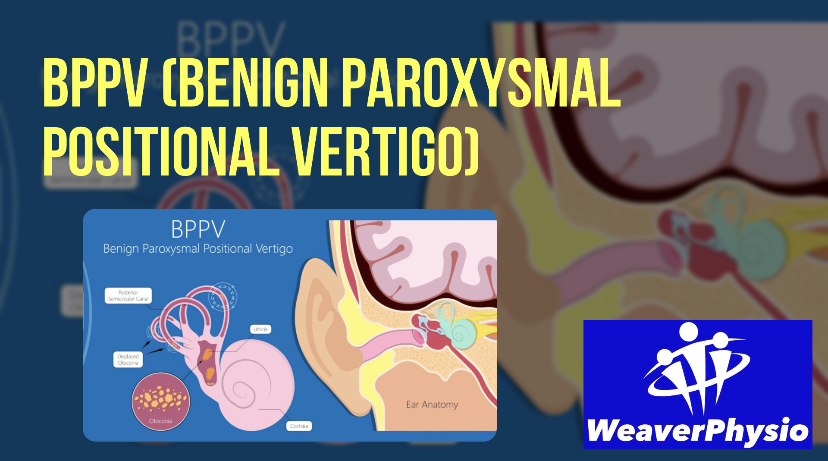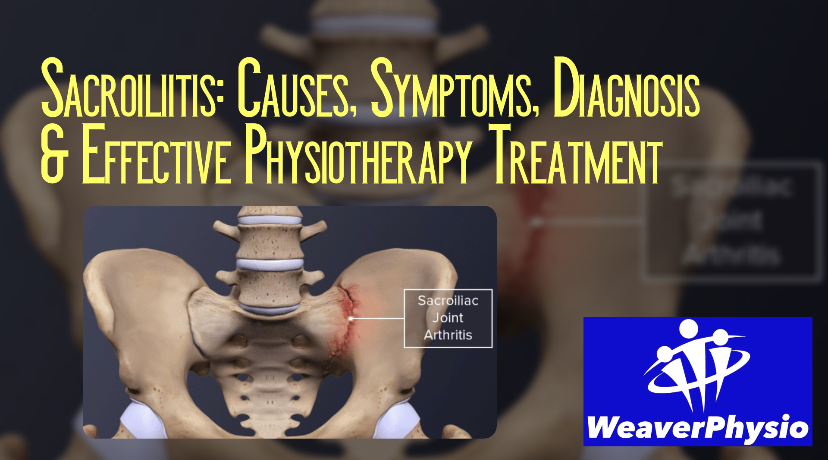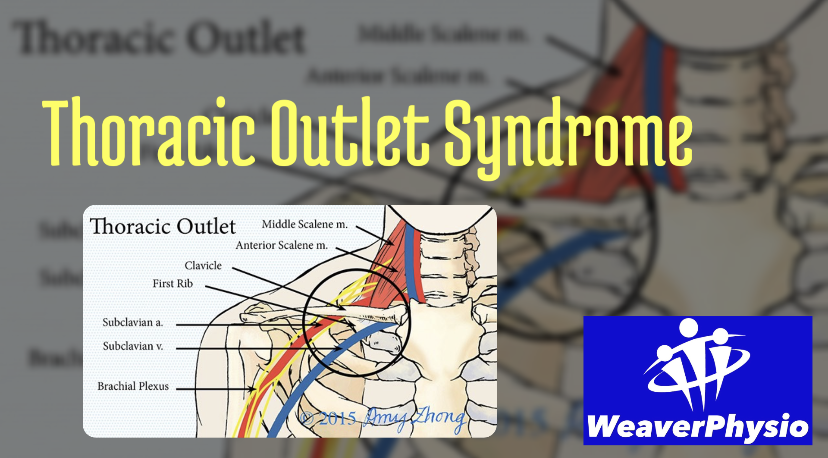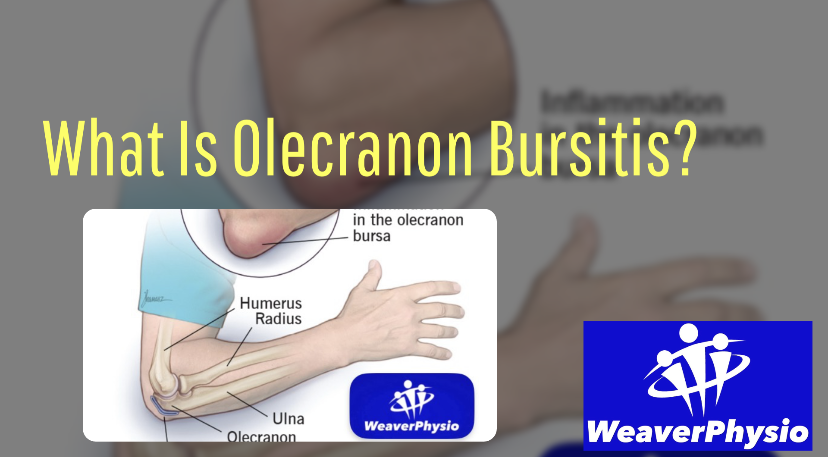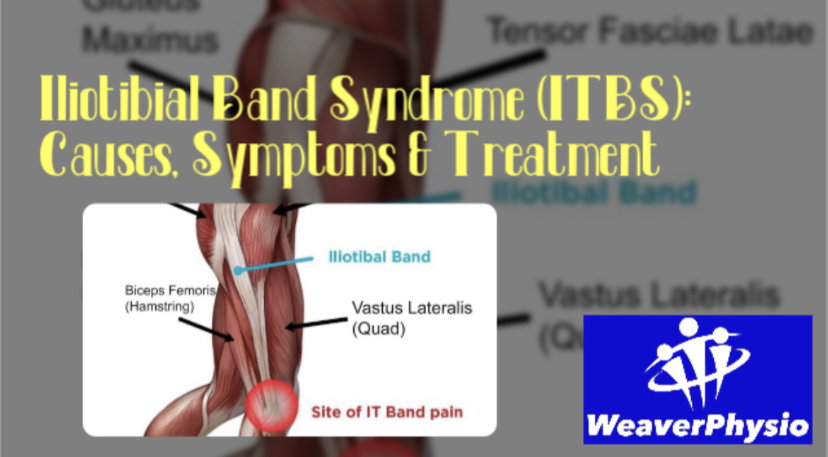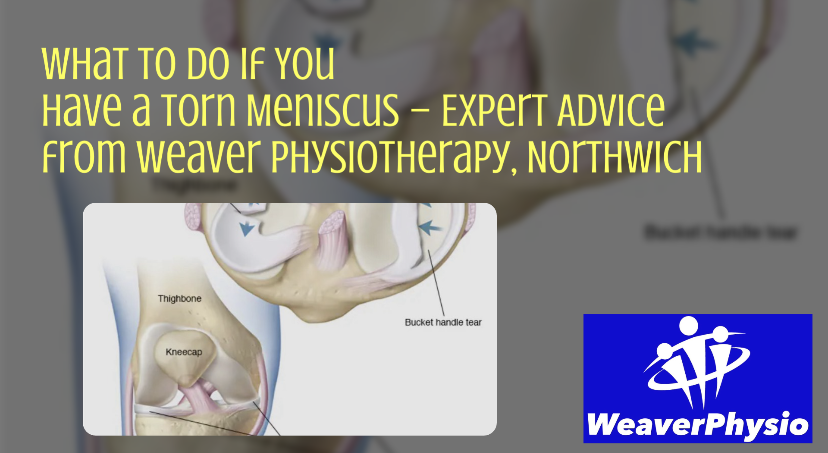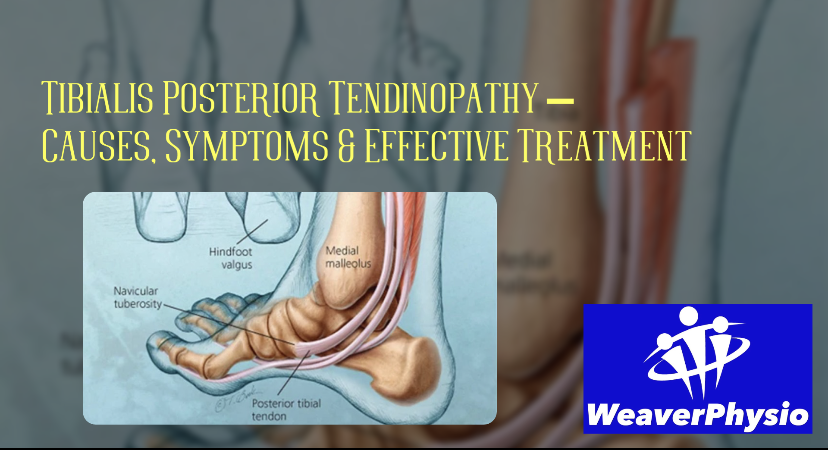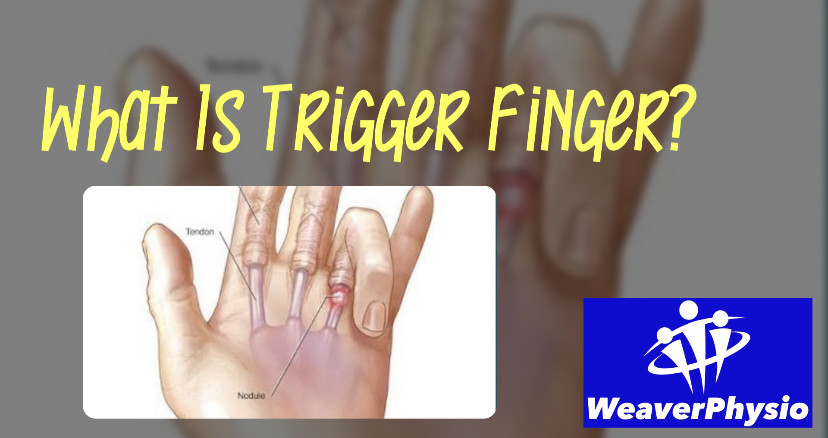Take the first step to pain-free living
UNDERSTANDING PAIN AND INJURY
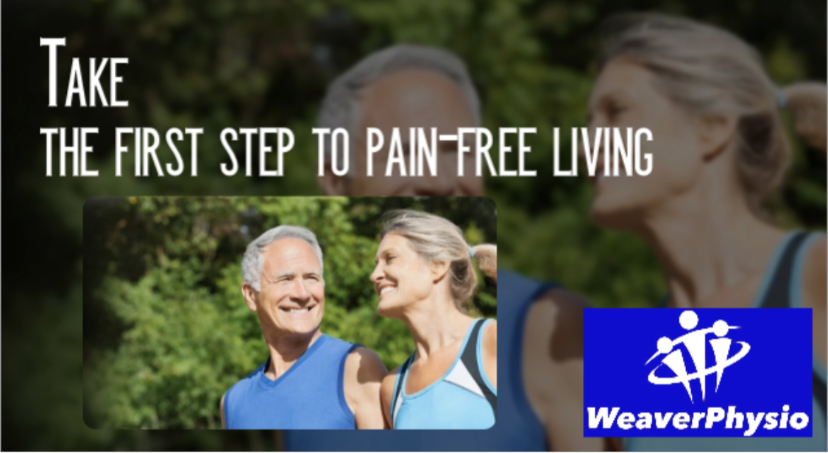
At Weaver Physio, we believe your body talks to you—sometimes in whispers. Those small aches you feel aren’t always minor annoyances; they’re often early warning signs that something isn’t right. Ignoring these subtle signals—like a mild Achilles niggle during your morning jog or shoulder pain when lifting your child—can lead to chronic injury and longer recovery times.
Physiotherapy is about listening to your body’s early messages and acting before they become screams. It’s not just about treatment—it’s about understanding movement, preventing injury, and taking control of your physical health before pain limits your lifestyle.
WHY EARLY INTERVENTION MATTERS
Here’s why early physiotherapy can make all the difference:
• Prevent Worsening Symptoms: Catching and treating issues early stops minor problems from becoming long-term injuries.
• Faster Recovery: Early treatment speeds up healing and reduces strain on other areas of your body.
• Cost-Efficient: Preventative care means fewer costly procedures later down the line.
• Stay Active: Early intervention helps you maintain your daily routine without disruption.
By treating pain early, you protect your wellbeing, performance, and quality of life.
HOW PHYSIOTHERAPY HELPS
At Weaver Physio, our hands-on physiotherapy approach puts you on the path to recovery with:
• Tailored Treatments: No two bodies are the same—your therapy is built around your needs and goals.
• Holistic Focus: We treat more than just the pain—we address how your whole body moves and functions.
• Strength and Resilience: Rehab exercises improve strength, mobility, and reduce re-injury risk.
• Everyday Guidance: Practical movement tips keep you moving well beyond the clinic.
Our goal is to get you back to what you love—pain-free and confident.
CONDITIONS THAT BENEFIT FROM EARLY PHYSIOTHERAPY
Early physio treatment can make a big difference in conditions such as:
• Back Pain: Often triggered by poor posture or repetitive movements.
• Joint Stiffness: Especially after inactivity or sleep, needing mobility work.
• Sports Injuries: Sprains, strains, and overload injuries recover faster with early care.
• Repetitive Strain Injuries: Like carpal tunnel from computer use or repetitive tasks.
• Posture Problems: From long hours sitting, leading to neck, shoulder, and back tension.
Early physiotherapy helps manage these issues before they become more serious or long-lasting.
WHAT TO EXPECT AT WEAVER PHYSIO
Starting physiotherapy can feel like a big step—but we make it easy:
• Supportive Environment: You’ll feel welcomed, listened to, and cared for from day one.
• In-Depth Assessment: Your first session includes a detailed examination and history.
• Bespoke Plan: We build a personalised rehab strategy around your goals.
• Hands-On Treatment: Manual therapy, guided exercises, and practical advice tailored to your condition.
• Ongoing Review: We monitor your progress and adapt your plan as you improve.
We’re here to help you move better, feel stronger, and live pain-free. Ready to start your recovery journey? Contact us today.
#Physiotherapy #CheshirePhysio #WeaverPhysio #EarlyIntervention #PainRelief #InjuryRecovery #BackPain #SportsInjuries #Rehab #ActiveLifestyle #MoveBetter #StayPainFree
